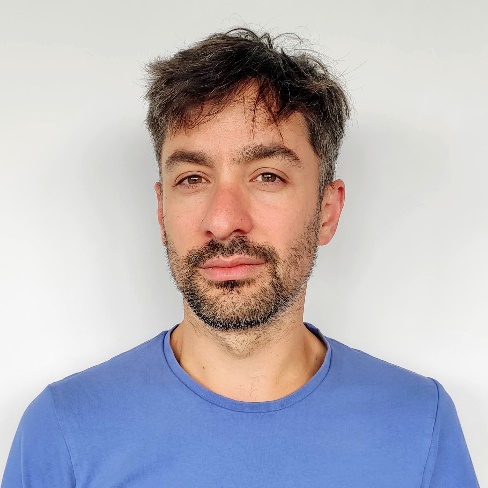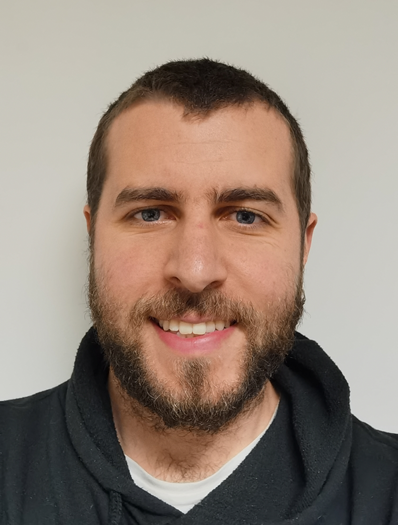Lecturer – Dr. Demián Garcia-Violini
 Demián García-Violini is an engineer and researcher with extensive experience in the field of control systems. He received his B.S. in Automation and Control Engineering from the National University of Quilmes (UNQ) in Buenos Aires, Argentina 2010. Building on his foundation, Dr. García-Violini received a Doctoral degree in Engineering from the Instituto Tecnológico de Buenos Aires (ITBA) in 2015, specialising in LPV control strategies applied to active noise control for motorcycle helmets.
Demián García-Violini is an engineer and researcher with extensive experience in the field of control systems. He received his B.S. in Automation and Control Engineering from the National University of Quilmes (UNQ) in Buenos Aires, Argentina 2010. Building on his foundation, Dr. García-Violini received a Doctoral degree in Engineering from the Instituto Tecnológico de Buenos Aires (ITBA) in 2015, specialising in LPV control strategies applied to active noise control for motorcycle helmets.
With a strong background in dynamical systems theory, control, and system identification, Dr. García-Violini has significantly contributed to diverse control engineering applications. His expertise encompasses a wide range of projects, including wave energy converters, magnetic levitation systems, control theory applied to diabetes type 1 patients, and modelling and control design for mechanical ventilation devices. Notably, Dr. García-Violini has had the privilege of conducting research at prestigious international research centres, such as the University of Virginia (UVA), Centre for Ocean Energy Research (COER) at Maynooth University in Ireland, Aalborg University in Denmark, and ETH Zurich in Switzerland.
In addition to his research contributions, Dr. García-Violini is a dedicated educator with a wealth of teaching experience in control courses. Currently, Demián García-Violini continues his work in control systems research as a researcher at the Department of Science and Technology at UNQ and CONICET in Argentina. Furthermore, he is an honorary member affiliated with the Centre for Ocean Energy Research (COER) at Maynooth University. His current research interests cover control and system identification in wave energy systems and biomedical engineering.
Course Assistant – Dr. Yerai Peña-Sánchez
 Yerai Peña-Sanchez received the Diploma in Renewable Energies Engineering from the University of the Basque Country (UPV/EHU) in 2016. Then, he completed his PhD in 2020 at the Centre for Ocean Energy Research (COER) in Maynooth University, Ireland, on estimation and forecasting of ocean wave excitation forces. He then worked as a postdoc for a year at the COER building two test benches for wave energy converter optimal control strategies validation. Since 2022, he works with a cofunded Marie Skłodowska-Curie postdoctoral fellowship in the Mathematics Department at UPV/EHU developing fault detection and identification (FDI) and fault tolerant control (FTC) strategies for floating offshore wind farms.
Yerai Peña-Sanchez received the Diploma in Renewable Energies Engineering from the University of the Basque Country (UPV/EHU) in 2016. Then, he completed his PhD in 2020 at the Centre for Ocean Energy Research (COER) in Maynooth University, Ireland, on estimation and forecasting of ocean wave excitation forces. He then worked as a postdoc for a year at the COER building two test benches for wave energy converter optimal control strategies validation. Since 2022, he works with a cofunded Marie Skłodowska-Curie postdoctoral fellowship in the Mathematics Department at UPV/EHU developing fault detection and identification (FDI) and fault tolerant control (FTC) strategies for floating offshore wind farms.




